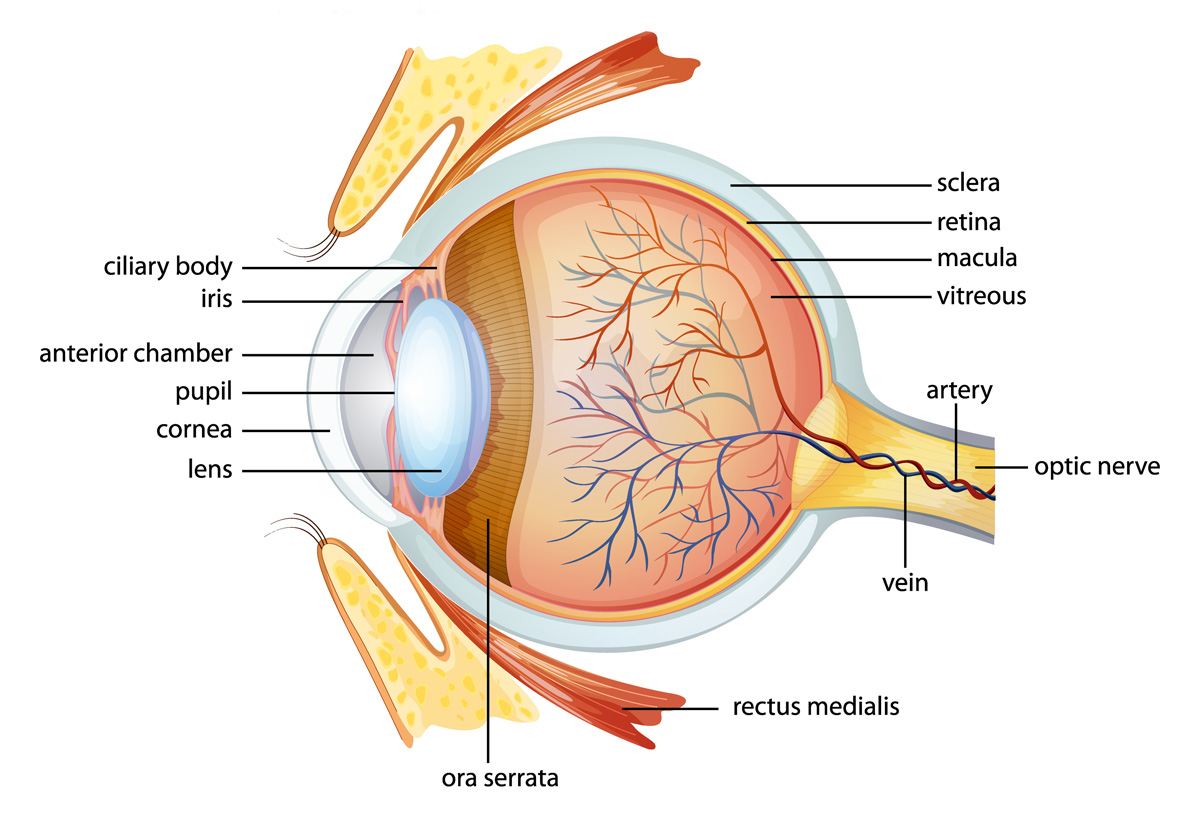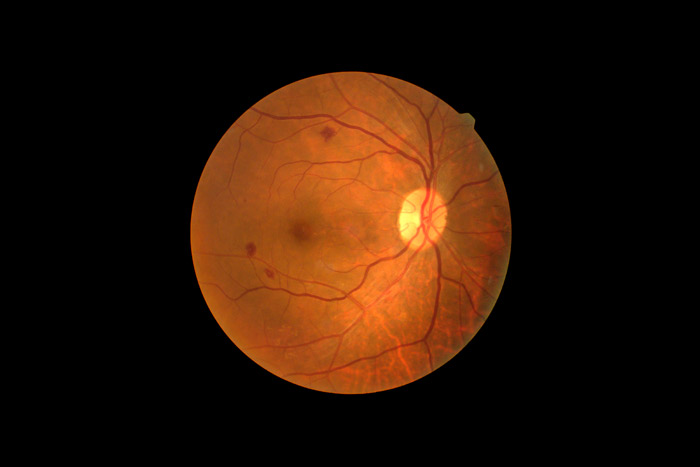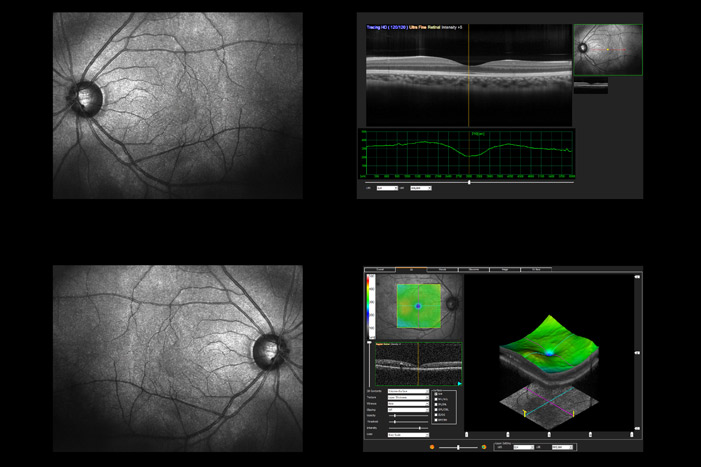Eye Exam
Herndon, VA
If you’ve had a vision screening recently, you might say, “My vision is fine! I don’t need a comprehensive eye exam.”
However, a vision screening provides a limited perspective on the overall health of your eyes. It’s a bit like getting your blood pressure checked and not getting the rest of your annual physical. You’ll have useful information, but it’s not the whole picture.
What are the limitations of a vision screening?
Vision screenings only test your ability to see clearly in the distance. This is called visual acuity and is just one factor in your overall vision. Others include color vision, peripheral vision, and depth perception. The screening also doesn’t evaluate how well the eyes focus up close or work together. Most importantly, it doesn’t give any information about your eye health.
Vision screenings are conducted by individuals untrained in eye health.
Vision screenings are offered in many places—schools, health fairs, and as part of a work physical or for a driver’s license. Even if your physician conducts the screening, he/she is a generalist and only has access to a certain amount of eye health training. Most individuals don’t have the tools or knowledge to give you a complete assessment of your vision or eye health.
Vision screenings use inadequate testing equipment.
In some cases, a vision screening is limited to an eye chart across the room. Even when conducted in a physician’s office, they won’t have the extensive testing equipment an eye doctor has. They also won’t be aware of nuances such as room lighting and testing distances, all of which can affect test results.
What are the benefits of a comprehensive eye exam?
Comprehensive eye exams evaluate all aspects of your vision and eye health.
Our comprehensive eye exams in Herndon examine your eyes externally and internally for any signs of eye disease, then test your vision in a variety of ways.
- External Exam – This is an evaluation of the whites of your eyes, the iris, pupil, eyelids, and eyelashes.
- Internal Exam – This is an evaluation of the retina and optic nerve while your eyes are dilated.
- Visual Function and Eye Health – This includes testing depth perception, color vision, peripheral vision, and the response of the pupils to light, as well as an evaluation of eye focusing, eye teaming, and eye movement abilities.
- Glaucoma Testing – This is a test of fluid pressure within your eyes to check for the possibility of glaucoma.
- Visual Acuity – Dr. Khaldieh will test your vision with different lenses to determine if glasses or contact lenses can improve your vision.

Comprehensive eye exams look at your total health history.
Even though you visit a separate office for your eye health, that doesn’t mean your eyes shouldn’t be treated holistically. Dr. Khaldieh will discuss your overall health and family medical history, any medications you’re taking, and whether you have high blood pressure or diabetes. He’ll also want to know if you smoke and how much sun exposure you get. All these factors help our eye doctor properly assess your eye health.
In general, prestigious eye care professionals recommend having a comprehensive eye exam every year.

Optomap digital retinal exam
This advanced technology allows Dr. Khaldieh to capture high-resolution images of your retina in a matter of seconds. Unlike traditional methods, which only show a small portion of the retina, Optomap captures up to 80% of the retina in a single image. The retina is the part of your eye that processes light and sends signals to your brain for visual recognition. With Optomap imaging, our eye doctor can detect early signs of retinal diseases and monitor changes in your eye health over time. Optomap can help identify retinal diseases, such as diabetic retinopathy, macular degeneration, retinal detachment, and glaucoma, often before symptoms appear. The images captured by Optomap can be stored and compared over time, providing a valuable record of your retinal health.

Optical coherence tomography scans
Optical coherence tomography (OCT) is a non-invasive imaging test that may be performed as a standard part of your comprehensive exam, or you may be able to request this test as an addition to your usual exam. OCT uses light waves to take cross-section images of your retina, which are the light-sensitive cells at the back of your eye that receive light and convert them into messages sent to the brain. OCT enables our eye doctor to see the different layers that make up the retina. By being able to see these and measure them, he can obtain a much clearer picture of the overall health and condition of your eyes.
When you choose to have an OCT scan at regular intervals, such as during your comprehensive eye exams, our eye doctor can compare newer results to previous ones. This helps him to develop a deeper understanding of your eye health and spot any early signs of conditions before they cause symptoms or have a permanent effect on your vision.
Schedule an eye exam in Herndon, VA
Don’t wait until you notice symptoms to schedule an appointment with us. Our eye doctor and dedicated team provide personalized care for everyone who walks through our doors. We stay up to date on the latest advancements in eye care technology so that we can provide our patients with advanced solutions for their visual needs. Contact us today to schedule your appointment or book an exam online.
